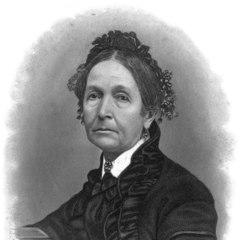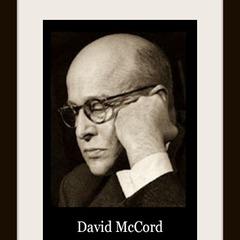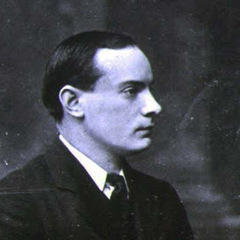Edward Young Quotes - Page 3

Edward Young (1851). “Night thoughts on life, death and immortality: With a memoir of the author, a critical view of his writings, and explanatory notes”, p.76
John Milton, Edward Young, Thomas Gray, James Beattie, William Collins (1836). “The Poetical Works of Milton, Young, Gray, Beattie, and Collins”
Edward Young, Charles Edward DE COETLOGON (1803). “Night Thoughts ... With notes ... by the Rev. C. E. de Coetlogon ... To which are added the author's poem on the Last Day, the paraphrase on part of the Book of Job [with other poems], and his life”, p.319
Who, for the poor renown of being smart, Would leave a sting within a brother's heart?
Edward Young, John Doran, James Nichols (1854). “The Complete Works, Poetry and Prose of the Rev. Edward Young, LL.D.: Revised and Collated with the Earliest Editions. To which is Prefixed A Life of the Author”, p.358
Edward Young, Charles Edward DE COETLOGON (1793). “Night thoughts on life death and immortality ... to which are added the life of the author and a paraphrase on part of the Book of Job”, p.200
The first sure symptom of a mind in health Is rest of heart and pleasure felt at home.
Edward Young, Charles Edward DE COETLOGON (1793). “Night thoughts on life death and immortality ... to which are added the life of the author and a paraphrase on part of the Book of Job”, p.236
Edward Young (1813). “Night Thoughts, on Life, Death and Immortality”, p.73
Edward Young (2018). “Young ́s Night Thoughts”, p.225, BoD – Books on Demand
We cry for mercy to the next amusement, The next amusement mortgages our fields
Edward Young (1821). “Night Thoughts on Life, Death, and Immortality”, p.25
Nothing in Nature, much less conscious being, Was e'er created solely for itself.
Edward Young (1799). “The Poetical Works of Rev. Dr. E. Young: With the Life of the Author”, p.223
Edward Young (1831). “The Complaint, Or, Night Thoughts, on Life, Death, and Immortality: To which is Added a Paraphrase on Part of the Book of Job”, p.90
Edward Young (1866). “The complete poetical works of Edward Young. With life”, p.269
Edward Young (1747). “A vindication of providence: or, A true estimate of human life, discourse i”, p.19
Edward Young (1810). “Night Thoughts on Life, Death, & Immortality”, p.26
Edward Young (1821). “Night Thoughts on Life, Death, and Immortality”, p.38
Edward Young (1856). “Night Thoughts on Life, Death and Immortality”, p.110
Edward Young, Charles Edward DE COETLOGON (1793). “Night thoughts on life death and immortality ... to which are added the life of the author and a paraphrase on part of the Book of Job”, p.94
Edward Young (1798). “The Works of Edward Young ...: In Three Volumes. To which is Prefixed the Life of the Author”, p.191
Edward Young, Charles Edward DE COETLOGON (1793). “Night thoughts on life death and immortality ... to which are added the life of the author and a paraphrase on part of the Book of Job”, p.103
Edward Young (1853). “Young's Night thoughts. With life, critcal diss., and explanatory notes, by G. Gilfillan”, p.126
Edward Young, Charles Edward DE COETLOGON (1793). “Night thoughts on life death and immortality ... to which are added the life of the author and a paraphrase on part of the Book of Job”, p.103
Edward Young, John Doran, James Nichols (1854). “The Complete Works, Poetry and Prose of the Rev. Edward Young, LL.D.: Revised and Collated with the Earliest Editions. To which is Prefixed A Life of the Author”, p.49






